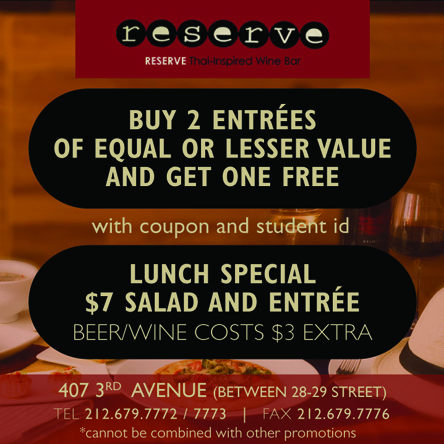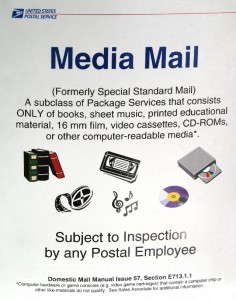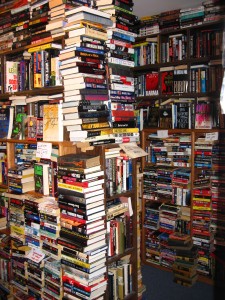College savings are important. Just this month, I had to pack all of my books along with my essential goodies into a car and drive it almost 400 miles only to take the boxes back out and lug them into my parents’ house. It cost a pretty penny. The books are still unpacked and I don’t have space to store them anywhere. This got me thinking: why don’t I start selling on Amazon again?
 While living in an apartment in Western New York, I sold books and video games, but mostly books. I made a nice chunk of change selling them, and got rid of things that I had no use for. Of course, I had to invest about $20-$30 to start in order to buy a nice Sharpie and bubble mailers in which to safely mail books, DVDs, CDs, and games. Towards the end, I got a bit lazy and decided to remove all of my listings on Amazon. This time, however, I plan to start up again.
While living in an apartment in Western New York, I sold books and video games, but mostly books. I made a nice chunk of change selling them, and got rid of things that I had no use for. Of course, I had to invest about $20-$30 to start in order to buy a nice Sharpie and bubble mailers in which to safely mail books, DVDs, CDs, and games. Towards the end, I got a bit lazy and decided to remove all of my listings on Amazon. This time, however, I plan to start up again.
Selling items online is a great way to make extra money and lighten your load. It is not as time consuming as people think it is. All you need is about 25 minutes (or less, depending on how many items you are going to sell) to punch in the ISBN numbers and the UPC code and just set a price that you are willing to sell the item at. You don’t want the selling price to be too low, because you won’t make profit. Try to avoid selling items at 99¢. Only large-scale sellers can afford to do that. You might reason that Amazon gives you $3.99 for shipping and handling, but they take a percentage of that and you have to mail the item too—out of your pocket. That’s not worth the money and time for you. I try for items that sell for $3.99 and up. Try to sell your books during back-to-school seasons. Prices skyrocket during these times. It’s actually pretty crazy. I have a book that I bought for $4.99 + S/H three years ago that is now sold on Amazon for $50.99. I don’t get it, but that’s $46 profit in my pocket.
Also, go to book sales if you want to make this a money-making hobby. I bought a fairly large amount of books at $1 each and profited off of them. I’ve found out (although it may be common sense) that older books can make more money, especially if they are OOP, or out-of-print. Some can go for as high as $250 if they are in great condition. Can you imagine paying over $200 for a paperback?
When you mail items like books, especially if they are large like chemistry textbooks, or textbooks in general, send them via Media Mail. It’s the cheapest way to send heavy books to your customer. Don’t bother with First Class or Priority unless the customer has paid the extra for faster delivery. Of course, there are instances where First Class is cheaper than Media Mail. Just ask the teller at your Post Office and they will tell you.
Now, what am I going to do when I have no books to sell? What am I going to do when I want to read books? Lucky for me, I live near a library. It was just this summer that I’ve come to understand how useful libraries are. I can order books—if the local library doesn’t have it—through the library system, and other libraries within that branch will send the books to the closest library to you for pick up, and best of all, it’s free. Well, not exactly free, but you don’t pay for the books, right? You can borrow as many books as you want as long as you have a library card.
I’m not sure about other libraries, but for the library I frequent, you have to show a proof of residence to that particular area. Just show a utility bill or your driver’s license and you should be able to sign up for a card fairly easily.
I can spend all day in a library. It’s a luxury that I can afford—because it’s free. Of course, university libraries are far more extensive, but I can’t complain—well, sometimes I do.
Owning books, of course, has its perks. There’s no due date, you can write in them, and you can take it out of your bookshelf and leaf through the pages for that certain paragraph or sentence at any time. But they do take up space, especially if you move around a lot. However, I don’t plan on selling all of my books. There are a couple that I will hold on to for a long time, if not, forever. These books represent my thoughts and ideas. These books have been read over and over again. Unfortunately, there are books that I do not have time for and have no interest in reading that have found themselves in my possession that I let go with a heavy heart.

Sold some books, did you? Treat yourself and a friend to some delicious Thai food at Reserve!
Michael Koh. Read my blog!! Follow me on Twitter!
Click here to download the Campus Clipper iTunes App!
Follow Campus Clipper on Twitter or keep current by liking us on Facebook.
Interested in more deals for students? Sign up for our bi-weekly newsletter to get the latest in student discounts and promotions and follow our Tumblr and Pinterest. For savings on-the-go, download our printable coupon e-book.












